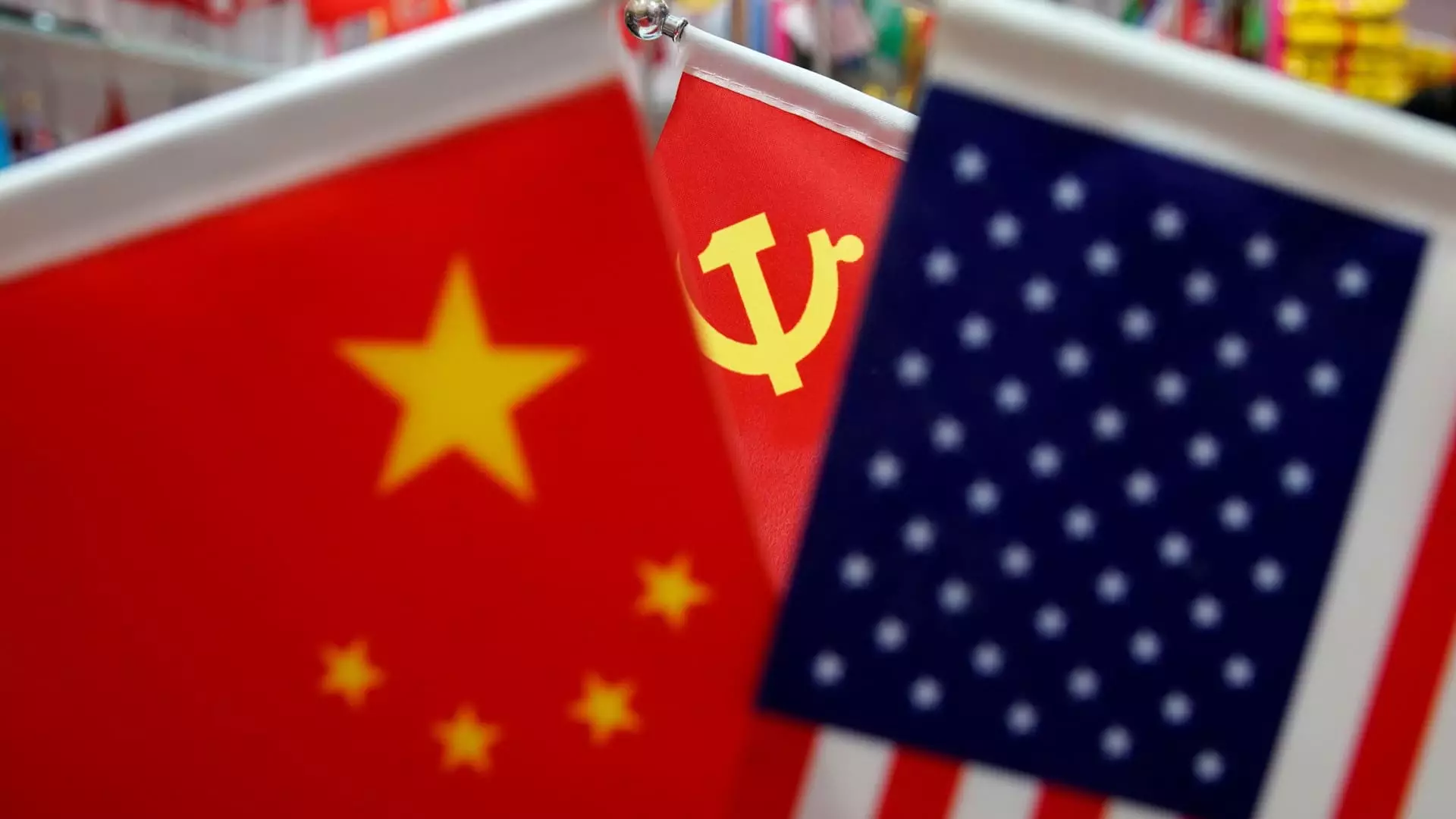The upcoming U.S. presidential election is posing significant ramifications for China’s fiscal strategies, notably in terms of stimulus packages designed to uplift its economy. As Beijing prepares to unveil its fiscal support measures, market analysts are keenly observing how the election’s outcome between Donald Trump and Kamala Harris could shape these plans.
The Timing and Context of the Decision
China’s National People’s Congress, the country’s legislative body, is poised to conclude a pivotal meeting that could lay the groundwork for fiscal reforms and economic stimulation. This gathering occurs at a crucial juncture, just as American voters finalize their decision on who will take the presidential seat. Historical precedent suggests that such meetings can lead to significant economic adjustments—last year, for example, saw an extraordinary elevation in the fiscal deficit. The close timing of the U.S. elections means that Chinese leaders will likely reevaluate strategies based on who is proclaimed the victor.
Market sentiment indicates that should Trump emerge victorious, fiscal support from Beijing may be more extensive, potentially increasing by 10-20% compared to a scenario led by Harris. Analysts warn, however, that while external factors are important, the core challenges faced by China are predominantly domestic in nature. A Trump administration threats of steep tariffs could exacerbate China’s economic plight, particularly in terms of exports. Conversely, Harris’s position appears less confrontational, with speculation that her presidency may continue the existing trend of technology restrictions.
The Chinese economy has faced headwinds characterized by a sluggish real estate market and subdued consumer spending. The anticipated U.S. tariffs under a Trump reign could jeopardize China’s export markets, which are currently a central pillar of its economic structure. As these trade restrictions take effect, experts suggest that China may need to pivot towards bolstering domestic consumption to sustain growth.
Zhu Bin, a noted chief economist, emphasizes that if Trump secures the election, it is almost a certainty that domestic stimulus efforts will expand rather than contract. He predicts that this approach aims to mitigate predicted downward pressure on the yuan against the dollar should tensions escalate. The landscape of U.S.-China relations, deciphered through the lenses of different presidential candidates, points toward a complex web of expectations wherein each candidate’s policies could dictate subsequent actions from Beijing.
In the midst of these considerations, analysts also argue that the actual scale of China’s economic stimulus will be primarily determined by the reactions in the stock markets. Unlike previous years, where U.S. markets had a pronounced influence, the present-day volatility within China has taken center stage, delineating a new paradigm of economic interrelationship.
The recent leadership meeting led by Chinese President Xi Jinping indicates a proactive approach toward strengthening fiscal and monetary policy responses. However, the Ministry of Finance’s reticence in releasing specific stimulus details raises questions about the anticipated impact of such measures. While discussions of a debt issuance surpassing 10 trillion yuan have emerged, firm numbers remain elusive. Stakeholders are wary, especially since the prior fiscal targets have already been expanded beyond initial forecasts.
Despite central government support, there is skepticism regarding the local authorities’ capacity to implement effective stimulus measures. The rigidity of local tax enforcement has hindered business operations, with companies facing unexpected tax liabilities retrospectively. The juxtaposition between the central government’s intentions and local execution presents an interesting dilemma; local governments, traditionally reliant on land sales, now grapple with mounting pressures regarding their fiscal health. The finance ministry’s commitment to addressing local government debt symbolizes a recognition of these challenges but raises further concerns about the timeline for effective stimulus.
Additionally, analysts contend that a significant portion of any additional stimulus funds will likely be earmarked for banks rather than consumers, possibly diluting the impact on everyday citizens. The focus on managing systemic risks within the banking sector could overshadow immediate relief for the population, leading to an environment of cautious optimism.
The outcome of the U.S. election holds substantial implications for China’s economic direction. While Beijing acknowledges that its challenges are largely homegrown, external influences such as trade policies and market dynamics cannot be dismissed. As the political landscape unfolds, analysts and investors alike will be scrutinizing Beijing’s responses—not only to the elections but to the enduring complexities of domestic economic pressures. The interplay between these factors is sure to shape China’s trajectory in the coming years, drawing sharp focus to the balance it must strike between adaptation and proactive stimulus measures.

